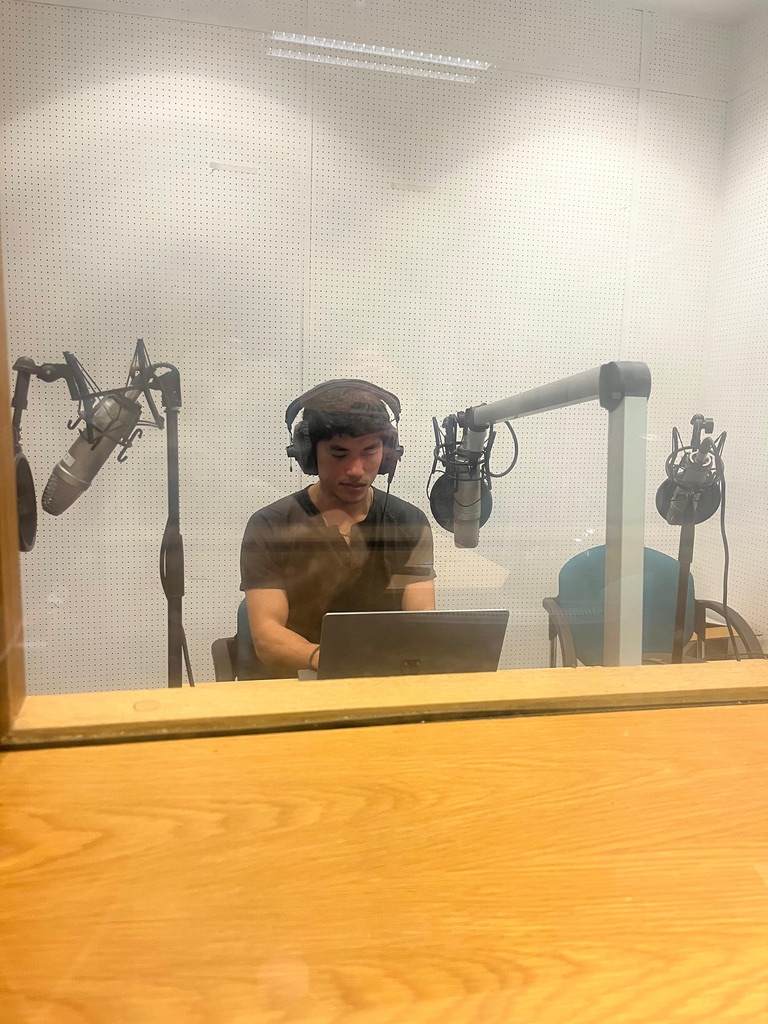
On a Tuesday in October last year, I sat with Father Mike Cussen in his Toyota. We were in a parking lot near my school, the University of Limerick. Cussen, a silver-haired man in his 60s, wore a gray quarter-zip sweater and had brought with him books and folders stuffed with papers describing the history of the church in Ireland.
I was meeting with Cussen to record an interview with him about the dwindling number of priests in Ireland. In the 1970s, when Cussen first attended seminary, more than 30 other people were also preparing to become priests for Limerick County’s diocese, where Cussen now serves.
“Now, there’s nobody, except one person,” Cussen told me, as I clutched my recorder.
Drawing on this interview and others, I eventually created a podcast episode for my Intro to Broadcast class about the changing role of the Catholic church in Ireland. In particular, I highlighted a program in Limerick county that trains lay people to take on ministry roles traditionally performed by the clergy. This was one of many instances last fall in which I was able to get to know Limerick and Ireland through my journalism.
The fall semester for my masters of journalism course encompassed both audio reporting and news writing; in the spring, we’ll be focusing on narrative writing, visual storytelling and other skills. Besides writing about the church in Ireland, I also wrote local news stories for the Limerick Voice, UL’s student-run newspaper, and I submitted freelance stories to a couple U.S.-based publications, including a profile of an Irish actress for The New York Times and stories about religion in Ireland for Christianity Today.
Being able to report from Limerick has helped fulfill a lifelong dream of mine to be a foreign correspondent. I’ve had this dream ever since my parents moved our family to Tianjin, China, where I grew up for 17 years. There, learning about foreign affairs was as simple as a stroll through the local market or a lively conversation with a taxi driver. During taxi rides, I would chat with drivers about their views on Obama and Xi Jinping, or hear older women griping about the rising cost of living while shopping at the open air market. Every summer, I returned to the U.S. with my family, where I told stories of life in China to friends and cousins, attempting to translate my world abroad into terms they would understand. I didn’t know it at the time, but I was already, in some small way, acting as a foreign correspondent — engaging in the fundamental journalistic endeavor of mediating between the world of one’s readers and the world one sees through reporting.
After college, my interest in foreign affairs journalism is a part of what led me to apply for the Mitchell. Reporting on Limerick has brought me in touch with Father Cussen and with a host of other characters, and it has helped me understand the community in new ways. My reporting from Ireland also helped me win an award from the Overseas Press Club, which will provide me with funding to further continue reporting from overseas even after my Mitchell year has ended. I’m excited to tell more stories about Limerick and Ireland this spring!
